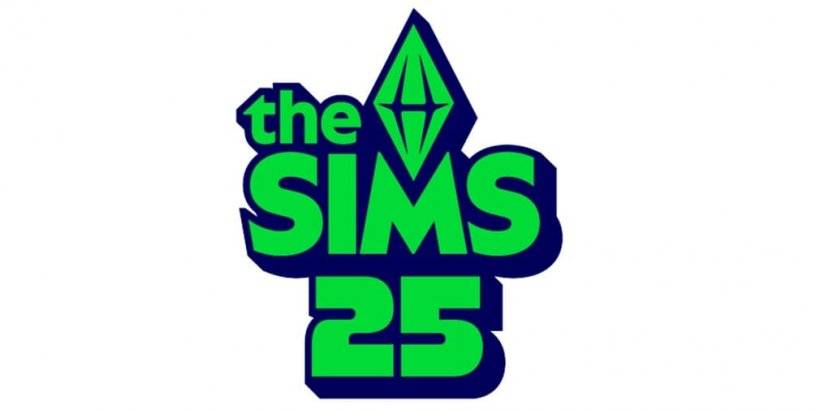by Camila May 14,2025
Microsoft's multiplatform strategy is clearly paying dividends, with successful launches not only on Xbox Series X and S and PC but also on the PlayStation 5. This approach has been validated by Sony's own PlayStation blog post, which listed the top-selling PlayStation Store games for April 2025.
In the U.S. and Canada, Microsoft titles dominated the PS5's non-free-to-play download chart, securing the top three spots with The Elder Scrolls IV: Oblivion Remastered, Minecraft, and Forza Horizon 5. A similar trend was observed in Europe, where Forza Horizon 5 led, followed by The Elder Scrolls IV: Oblivion Remastered and Minecraft.
Notably, Clair Obscur: Expedition 33, backed by Microsoft for a day-one Game Pass launch and featured in Xbox showcase broadcasts, also ranked high on both charts. Additionally, titles such as Call of Duty: Black Ops 6 from Microsoft-owned Activision and Indiana Jones and the Great Circle from Microsoft-owned Bethesda made strong appearances on the charts.
These results underscore a simple truth: high-quality games, regardless of their origin, tend to lead the sales charts. It's no surprise that these Microsoft titles have found success on the PlayStation 5. The console was in dire need of a game like Playground's exceptional Forza Horizon 5, which was eagerly awaited upon its April launch. The Elder Scrolls IV: Oblivion Remastered fulfills the demand for Bethesda's immersive worlds on both PC and console, while Minecraft continues to soar in popularity, boosted by the viral success of the Minecraft movie.
This trend marks a new norm for Microsoft, which recently announced Gears of War: Reloaded for PC, Xbox, and PlayStation, set to release in August. It appears increasingly likely that even Halo, once an Xbox exclusive, might soon follow suit.
Microsoft's gaming chief, Phil Spencer, emphasized last year that there are no "red lines" in Microsoft's first-party lineup when it comes to multiplatform releases, including Halo. In a conversation with Bloomberg, Spencer stated that every Xbox game is considered for multiplatform distribution. "I do not see sort of red lines in our portfolio that say 'thou must not,'" he remarked.
Spencer has also indicated that the multiplatform strategy is partly driven by the need to increase revenue for Microsoft's gaming division, especially after the $69 billion acquisition of Activision Blizzard. "We run a business," Spencer said in August. "It's definitely true inside of Microsoft the bar is high for us in terms of the delivery we have to give back to the company. Because we get a level of support from the company that's just amazing and what we're able to go do. So I look at this, how can we make our games as strong as possible? Our platform continues to grow, on console, on PC, and on cloud. It's just going to be a strategy that works for us."
Former Xbox executive Peter Moore told IGN that the idea of bringing Halo to PlayStation has likely been a topic of discussion at Microsoft for some time. "Look, if Microsoft says, wait, we're doing $250 million on our own platforms, but if we then took Halo as, let's call it a third-party, we could do a billion… You got to think long and hard about that, right?" Moore explained. He emphasized that Halo is more than just a game; it's a valuable piece of intellectual property that Microsoft must consider leveraging across various platforms.
While there may be backlash from dedicated Xbox fans who feel that the console's value is diminishing due to fewer exclusives and Microsoft's marketing strategies, Moore suggested that this won't deter Microsoft from making decisions beneficial to its business. "The question would be, ultimately, is that reaction enough not to make a fundamental business decision for the future of not only Microsoft's business, but gaming in itself?" he said. "Those hardcore are getting smaller in size and older in age. You've got to cater to the generations that are coming through, because they're going to drive the business over the next 10, 20 years."
Girls Frontline 2: Exilium Global Website Goes Live, Along With Its Socials!
Marvel Rivals: Understanding Bussing and Catching It
New Game Plus in Assassin's Creed Shadows: Confirmed?
Top Skills to Prioritize for Yasuke in Assassin’s Creed Shadows
Pokemon GO Leak Teases New Adventure Effects
Assassin’s Creed Shadows Movements Reviewed by Two Parkour Athletes
Amazon Music Unlimited: Free 3-Month Trial Available
Death Stranding 2 Release Date Unveiled in Massive Trailer

Free Fire Update: Weapon Changes & New Features
Dec 31,2025

Nintendo Switch 2 Review: Is It Worth Buying?
Dec 31,2025

Capcom Reveals Street Fighter 6 Year 3 Roster
Dec 30,2025

The Sims 25th Anniversary: FreePlay Updates & Livestreams
Dec 30,2025

Silksong Team Responds to Deadpool VR Surprise
Dec 30,2025